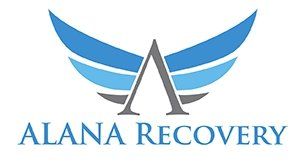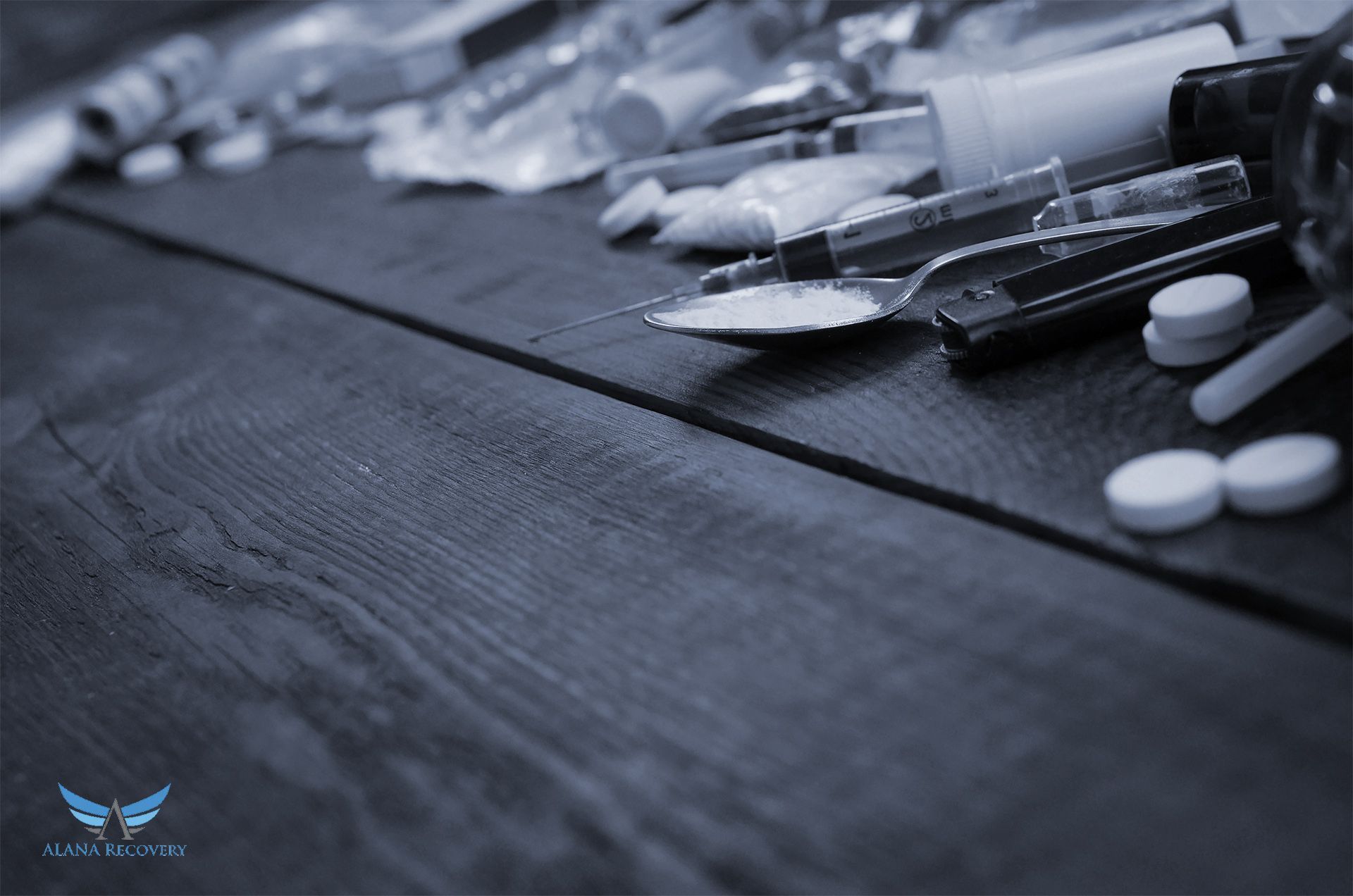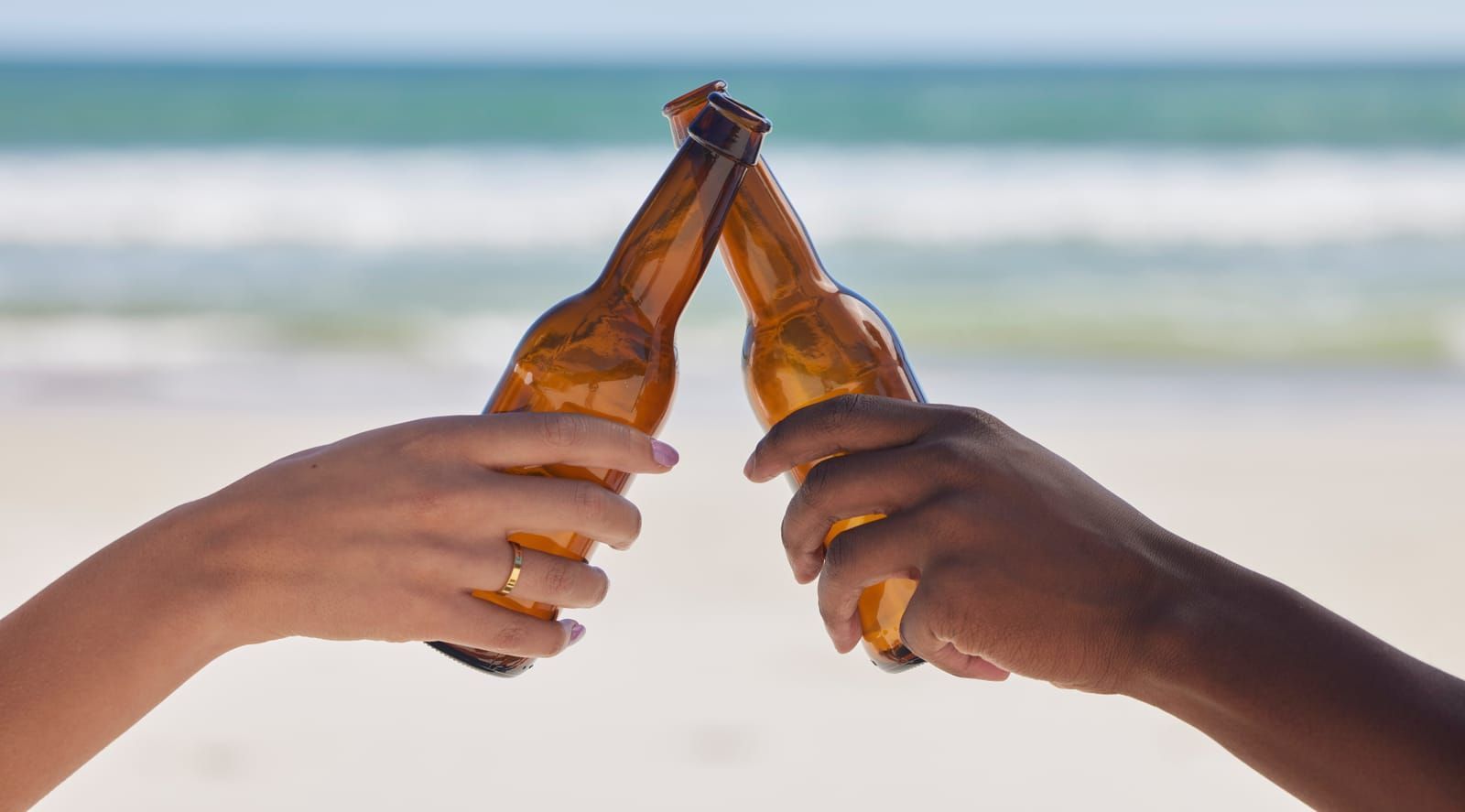For many, the holidays are a time of celebration, fun, and reconnection with family and friends. For others, however, they are stressful; the acceptance of overindulgence and the presence of possible emotional triggers can lead those with substance abuse issues to struggle to stay sober.
Not only is alcohol abundant during the holidays, but social pressures can also be troubling. Family members may demand significant emotional energy from you, or their presence and actions may trigger feelings from the past.
The COVID-19 pandemic has made matters worse as well. Research has found that substance use and drug overdose have increased during the pandemic, making this holiday season a doubly challenging time.
If you're newly sober, it's essential to think ahead and plan your course for navigating the holidays with your sobriety intact. While it may seem daunting, it is achievable—especially with support.
Here are some tips on ways you can prepare for the holidays. These will help you handle uncomfortable situations, avoid relapse, and even find enjoyment.
Have Your Support System Ready

The greatest tool in a recovering addict's arsenal is their support system. If you have a therapist or sponsor, talk to them and discuss your worries and challenges entering the holiday season. Start the season by attending a 12-step program meeting like Alcoholics Anonymous (AA), Narcotics Anonymous (NA), or check to see if your recovery program has an addiction support network like ALANA Recovery Centers’ Alumni Program.
Should you need them, your support network can provide help in the moment or even provide an excuse for you to leave an event early (or miss it altogether).
Having an ally at your side is a powerful asset for fighting a relapse. Invite them to attend a holiday party with you, or let them know you might need to talk on the phone during the holidays.
Plan Your Exit
When attending a potentially triggering event, make sure you're in control of your journey. Take your own means of transportation to the party—that way, you won't be relying on a ride from someone else and can leave when you need to.
While there may be significant pressure not to disappoint family members, remember it's more important to stay sober. Missing a party might mean some relatives aren't pleased with you, but taking care of your own well-being should be your first priority.
Arrive early, leave early, and keep an eye out for emotional triggers.
Stay Busy
Have you ever tried holding a drink and carrying a tray of roasted turkey at the same time? It's simply not possible.
Avoid the temptation to drink by looking for opportunities to help out. Lending a hand in the kitchen to assist with food preparation can keep your mind occupied—not to mention it's a great way to break the ice and ingratiate yourself with the hosts.
There are other ways to be of service outside of holiday parties, too. Volunteering with a charitable organization, reaching out to new 12-step members, or visiting friends or family who might be lonely during the holidays can help shift your focus externally.
After all, the holidays aren't about “me”—they're about “we”.
Create Your Own Traditions

If the holidays are a period of overwhelming stress, it may be your own internal narratives about the season preventing you from enjoying them.
Consider the possibility of re-framing your holiday narrative. Speak with your sponsor or therapist and discuss the specific triggers and expectations surrounding the holidays that cause stress. By challenging and dismantling these triggers, you will be able to experience previously painful situations with newfound empathy and joy.
Learn to spot warning signs for emotional triggers, and build healthy coping mechanisms to deal with them.
As you affirm your newfound sober identity, celebrate it by creating new traditions. That could mean hosting a holiday party on your terms, free of triggers, or creating a personal ritual like volunteering or attending support groups.
Don't Be Afraid to Eat
As much as the holidays may seem to be centered around alcohol, food is typically just as important. While over-indulgence won't serve your emotional and physical well-being, make sure to enjoy the present bounty within reason.
Do your best to eat quality, healthy meals over the holidays in order to nourish your body and strengthen your emotions. Your physical health can affect your mental health, so it's essential to pay attention to both.
Have a non-alcoholic drink at hand during parties—that way, friends are less likely to offer you a drink or pester you with questions about your sobriety.
Celebrate the Positives
The desire to avoid relapse can, at times, overwhelm your thought patterns, making it difficult to be thankful for the good things in life. Reflect on the relationships and people in your life that bring you joy, and take the opportunity to show them your gratitude.
Focusing on the positives can help you approach holiday events with anticipation instead of anxiety. Plus, an attitude of thankfulness is contagious—it might just make you the life of the party.
Remember Your Priority: Staying Sober
Ultimately, holiday traditions are just that: traditions. There's nothing to say they're mandatory. When it comes to your recovery, self-care is what's most important.
With the help of your support network, you will be able to navigate the holidays without relapsing. However, if you feel like you're headed for failure, don't be ashamed if you need to excuse yourself from the festivities.
Your friends and family will understand your reasons for prioritizing recovery. Plus, you can always politely decline an invitation and suggest an alternative get-together in a less-triggering environment.
Consider Help from an Addiction Treatment Center

For many of the reasons mentioned above, the holidays may be an ideal time to access treatment from a substance abuse program. Whether that means entering a rehab facility or attending an outpatient addiction treatment program, there are many support options available.
Addiction recovery is a difficult path. Whether you suffer from drug or alcohol addiction, professional help can lighten the burden of the disease.
Staying Sober with Alana Recovery Center
The Alana Recovery Center is a highly-rated substance abuse outpatient center with three locations in Georgia. Our Intensive Outpatient Program (IOP) uses evidence-based, state-of-the-art treatment to help clients facilitate a sober and gratifying life.
If you're struggling to stay sober during the holidays, give yourself the gift of sober living by speaking to one of our admissions team members today.
Talk With a Provider Today!
Talk With a Provider Today!
Fighting addiction alone is an almost impossible task. Don't do this alone, call us today to start your road to recovery.




